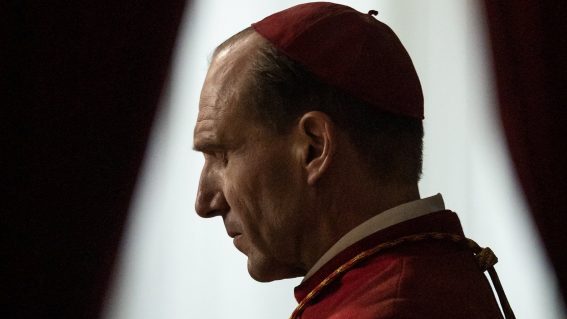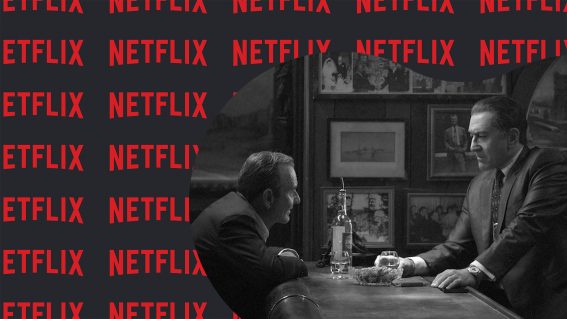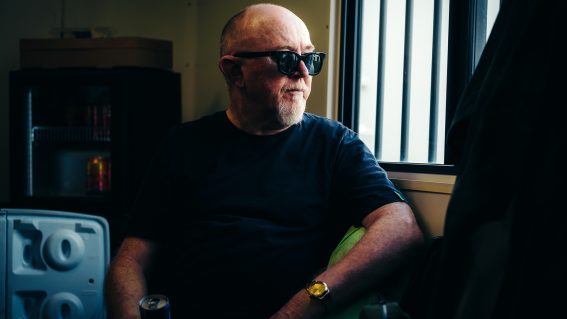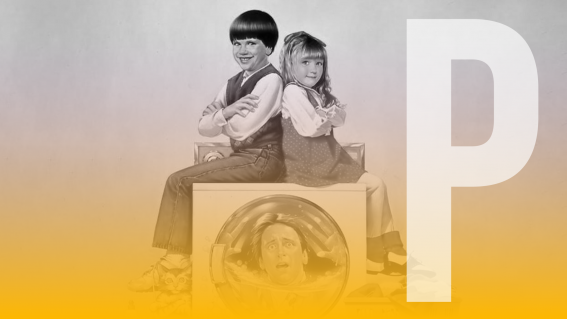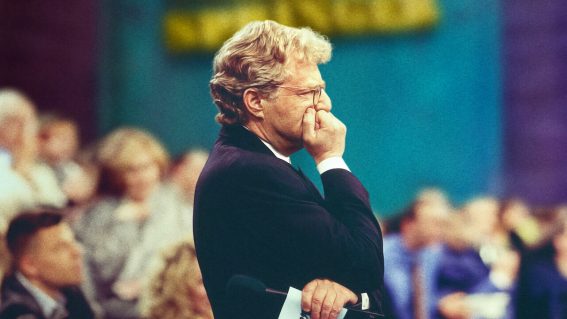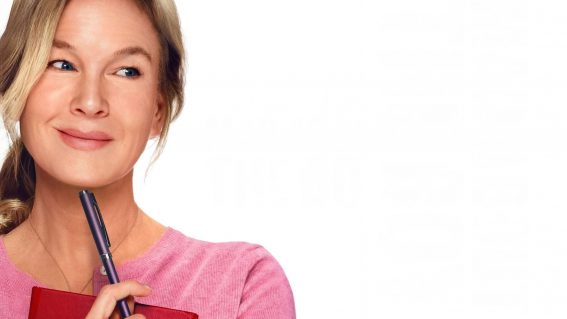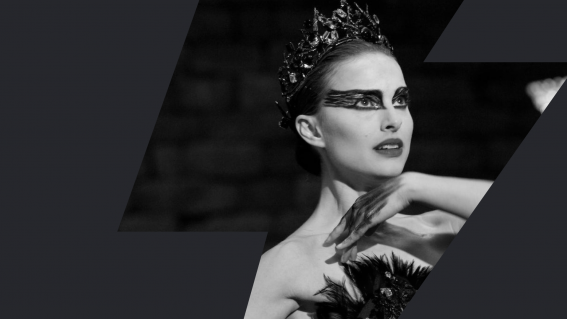Wicked’s political messages arrive at an awkward time for America
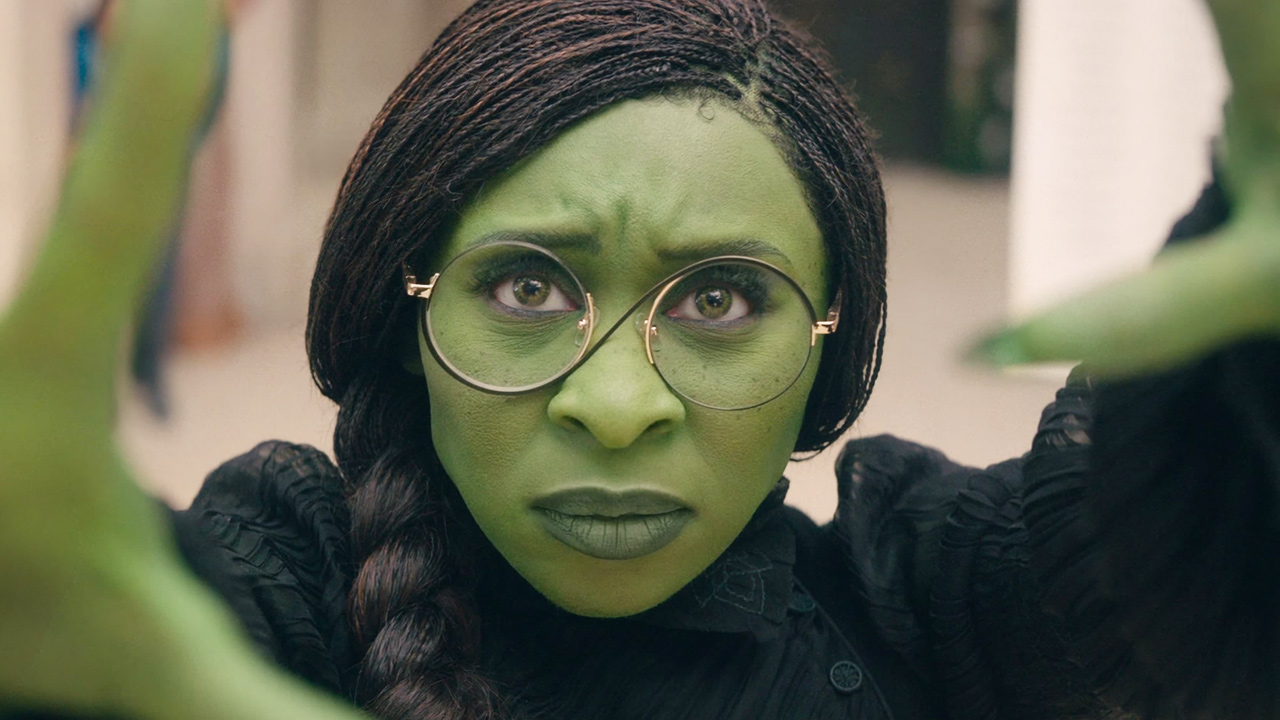
During the recent American election, voters rejected virtually every moral idea espoused by Wicked—a story about inclusion, empathy, and the danger of tyrannical leaders. The present moment is a surreal time to absorb its messages, writes Luke Buckmaster.
Those unfamiliar with the smash-hit musical Wicked may be surprised to discover that Elphaba Thropp, the so-called “Wicked Witch of the West,” is actually a great person when you get to know her. Elphaba’s reputation, as it turns out, has been spectacularly sullied by Emerald City’s propaganda wing, their lies just one of countless injustices she’s experienced since birth, being constantly discriminated against because of the colour of her skin, which is Kermit green. Meanwhile Galinda, the supposed “Good Witch of the North,” is actually shallow and scheming: one of the Mean Girls of the Baumian universe, forever exploiting her picture book prettiness.
Director Jon M. Chu’s new movie adaptation, like the Broadway production, proposes an alternate truth about Elphaba, the “actual” story, with singing and dancing and some inspiring words about defying gravity. Core to the experience from more or less the beginning are messages about the importance of inclusivity and acceptance. In the film’s second half, as the plot thickens, and real villains emerge, with nefarious plans to persecute and imprison huge portions of the populaton in the Land of Oz, the politics of Wicked become pointier. It’s about political leaders who ratchet up xenophobia, fan the fires of division, spread brazen lies, and disguise their lack of substance with spectacle and showmanship.
Does that, in a real-life context, make you think of anyone in particular? Somebody in American politics? Somebody orange?
Wicked makes its cinematic premiere at an awkward time, so soon after so many American voters acted against virtually every moral idea the production unsubtly espouses. They comprehensively rejected the first female person of colour to run for President, known for soapy quotes like “the American dream belongs to all of us,” and elected a person whose campaign not just leaned into racism but spewed it out like projective vomit, Regan MacNeil style. If you’re reading this thinking “why does everything have to be political?”, welcome to art, welcome to movies, and welcome to Wicked.
The stage show’s ideological messages are even more prominent on the big screen. The cinematic medium brings new intimacy to the material, taking the audience past the proscenium arch and into the immediate space of the performers—including a Black woman, Cynthia Erivo, in the lead role. She of course is covered in green, Elphaba’s skin colour attracting discrimination and bigotry from an early age, influencing her compassion and sense of social justice, her moral instincts favouring those who are also unfairly maligned.
It’s no surprise that she’s aghast at how talking animals are being targeted by the government of the rulers of Oz, from up high in their glitzy Emerald City towers, who want to imprison them and remove their ability to speak (yes: it’s on the nose). Peter Dinklage is the voice of Dr. Dillamond, a lovely, erudite goat, with nose-resting spectacles and a learned demeanor, who teaches history at Shiz University, where Elphaba and Galinda (Ariana Grande) study. In one classroom scene, the poor Bovidae discovers somebody has written on the blackboard “Animals Should be Seen and Not Heard,” parroting the government’s hardline stance against them, which may draw uncomfortable parallels to Trump’s incendiary views towards (anti) immigration and minority communities.
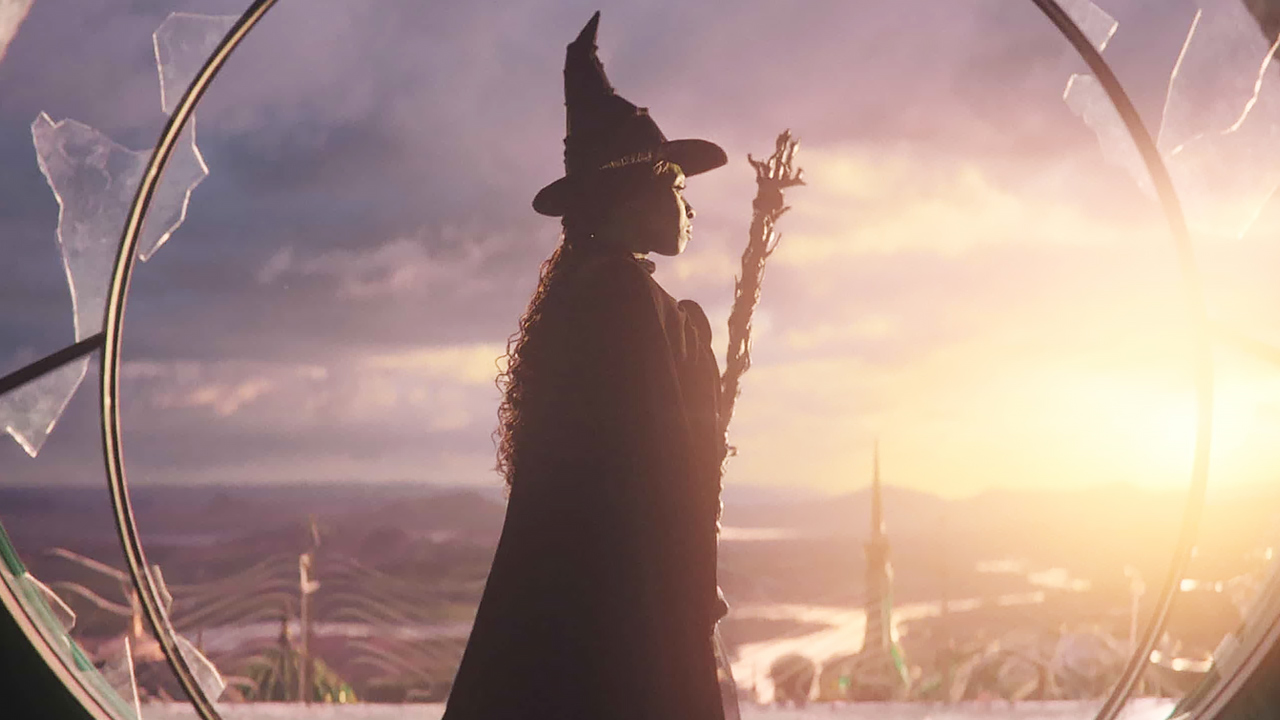
We can imagine that, not too long ago in the Oz universe, people were kinder to animals, and political leaders more veiled in their efforts to oppress them. But it’s clear the narrative world, like the real one, has become louder, latent discrimination morphing into brutally loud and clear rhetoric. In our reality, at this weird moment in history—a pocket of time that’s both post-Trump and pre-Trump—it’s obvious that political conservatives have tired of all the pretending, all the polite posturing. Their horrible instincts are in plain view, with evidence of them everywhere: Trump rescinding women’s rights; Trump’s planet-burning energy policy (“drill baby drill”); Trump declaring he’ll be dictator from day one; Trump repeating countless bigot-baiting lies, as bald-faced as Emerald City’s declaration that Elphaba is a “wicked” enemy of the state. The leaders of Oz, it seems, also understand the power of flooding the zone with shit.
I won’t tell you what happens to the poor animals in Wicked, suffice to say that it ain’t nice. What I will say is that the people—and animals—in this universe are painfully aware that they’re living through a period of profound change, the monsters of old and evil no longer slinking around in the shadows. Maybe that’s what spooked me most about watching Wicked: the knowledge that our world, and theirs, shares and actions the same violent fantasies. Wicked‘s reminder that goodness exists, that goodness is possible, comes with a bittersweet tang: in the eyes of the public, at least, the villains are heroes, and the heroes are villains.





